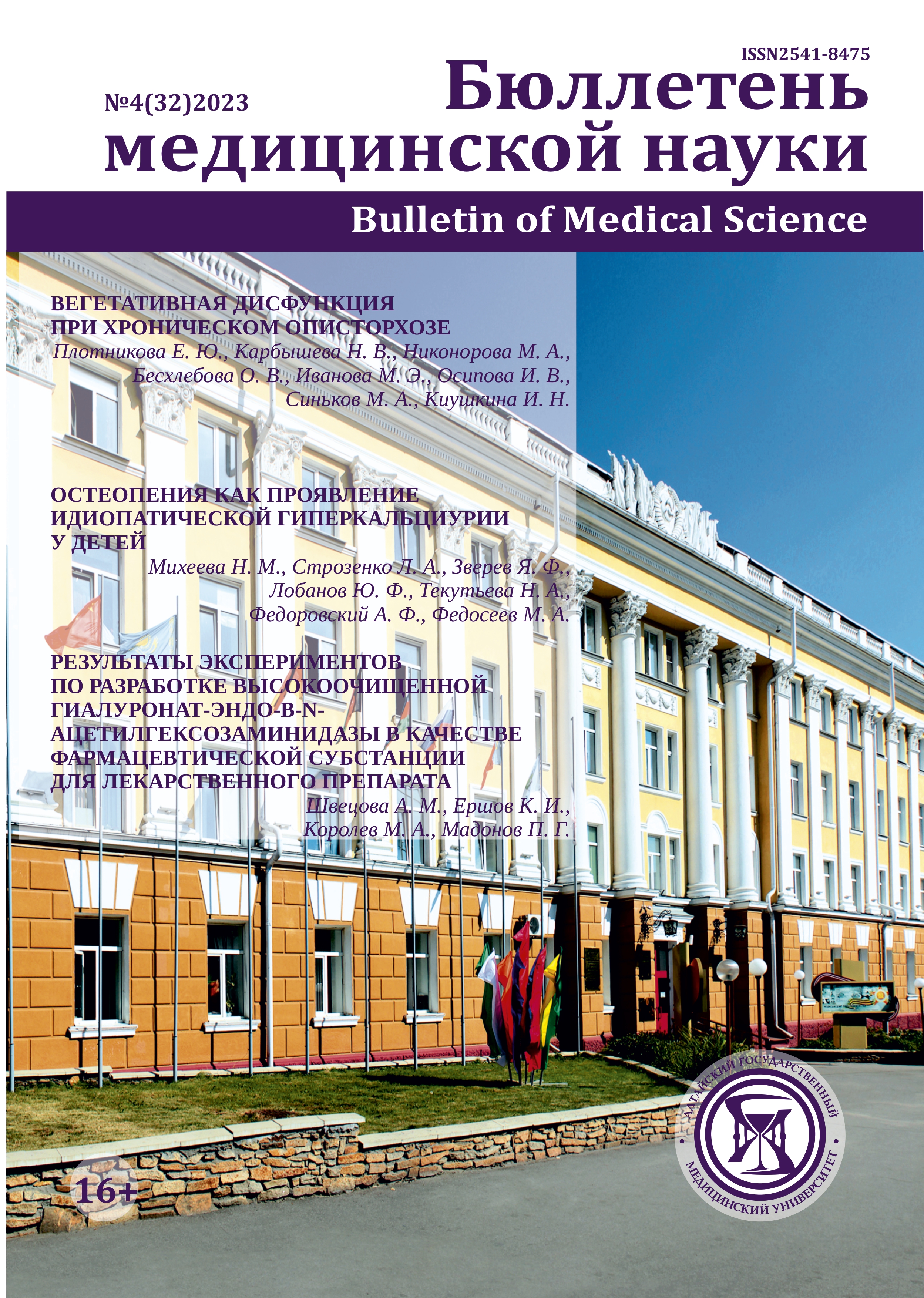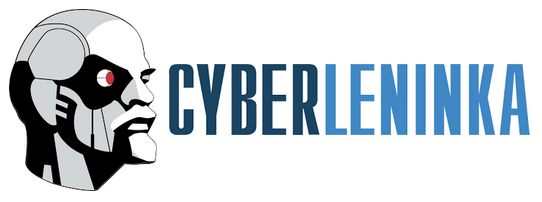PREDICTORS OF ASPIRIN RESISTANCE IN PATIENTS WITH CORONARY ARTERY DISEASE AFTER CORONARY BYPASS SURGERY
УДК 616.132.2-089.819.5
DOI:
https://doi.org/10.31684/25418475-2023-4-54Keywords:
coronary bypass surgery, aspirin resistance, proinflammatory cytokines, systemic inflammatory responseAbstract
Introduction. After coronary bypass surgery (CABG) under artificial circulation (IC), the problem of preventing vascular shunt thrombosis remains unresolved, due to the formation of resistance to the phenomenon of aspirin resistance (AR). Objective: To study the clinical and laboratory signs of AR and identify predictors of AR. Materials and methods. The study included 260 men aged 45 to 70 years with a diagnosis of coronary heart disease (CHD) in the form of stable angina pectoris and pain-free myocardial ischemia, who underwent CABG. Systemic inflammation activity for surgical intervention was evaluated by the concentration of interleukin-6 (IL-6) and highly sensitive C-reactive protein (HCRP) in blood serum, and the severity of endotheliopathy was assessed by the level of endothelin–1 (ET-1). Platelet aggregation activity (AAT) was also studied. Patients with AR included those individuals whose AAT did not reach target values against the background of taking acetylsalicylic acid (ASA) at a dose of 100 mg / day decreased by less than 50% compared to initial parameters. To analyze the influence of various factors (predictors) on AAT, the method of linear step-by-step regression analysis with inclusions was used. Results. On the second day after CABG, AR was detected in 46.9% of the patients who made up the main group. The comparison group included 53.1% of patients who retained AC. A year after surgery in the background of taking ASA, the proportion of patients with AR decreased to 24% of the initial AC in the preoperative period. In two groups of patients, IL-6, VCHSRB, ET-1, AAT were compared at the three stages of the examination, and the duration of IC, the number of vascular shunts after CABG. Statistically significantly higher indicators of the studied parameters were revealed in the main group than in the comparison group both on the second day and 1 year after the departure. As a result of the regression analysis, a set of five predictors was obtained that statistically significantly (F=12.2, p<0.012) affect AAT: ET-1, IL-6, VCHSRB, IR time, number of shunts. Conclusion. The severity of systemic inflammation in CABG in IR conditions affects the development of induced AR. The persistence of systemic inflammation is associated with prolongation of AR in the long-term postoperative period. Regression analysis revealed the important role of markers of systemic inflammation and endotheliopathy in the development of AR.













